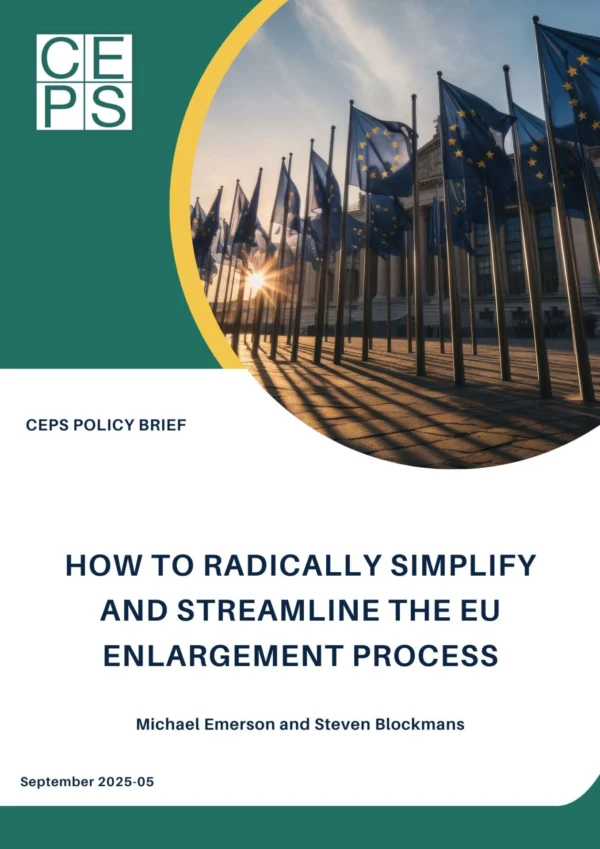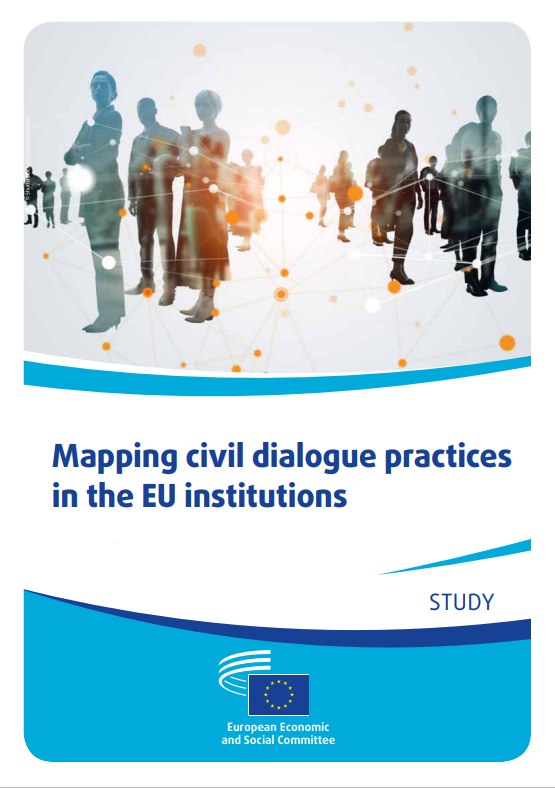This paper reviews suggestions that the enlargement process, currently rather stagnant in the Western Balkans, might be re-dynamised with elements of sectoral policy integration before accession, with a cacophony of terms being used to seemingly express the same broad idea (accelerated, gradual, advanced, enhanced, etc.). The sectoral integration idea has yet to be fully worked out, and the paper sketches what it could mean in practice for major sectors of policy (internal market, the green and digital agendas, foreign and security policy, and monetary policy), and also how this may relate to the proposed Staged Accession model.
Several ongoing sectoral initiatives can be helpful in preparing compliance with the EU acquis, including cooperative initiatives in the case of the Western Balkans for the Regional Common Market, and the green and digital agendas. Yet, these are not formal parts of the accession process, and should not be substitutes to it.
The lists of EU policy sectors that candidate states could apply before accession covers virtually all the clusters of the formal enlargement process, irrespective of whether these have been ‘opened’ or not. This can cause confusion over the EU’s effective enlargement policy, and in any case highlights the current stagnation of the formal enlargement process for the Western Balkans.
In conclusion, advanced sectoral integration can be a positive complement to the official enlargement methodology, but not an alternative to its reform as proposed under the Staged Accession model. Indeed the ‘gradual’ or ‘sectoral’ approach sees no systematic application of the principle of conditionality with regard to the ‘fundamentals’ of the enlargement process (respect for democracy, the rule of law, and justice sector reform), which highlights that the approach can hardly be touted as enhancing accession in a holistic and predictable fashion. On the contrary this approach may be viewed by some of its proponents as an alternative to enlargement, or as some kind of compensation for its lack of progress.
This paper is published as a part of the ‘Support for further development of the model of the Western Balkans staged accession to the European Union’, a collaboration between CEPS and the European Policy Centre (CEP), based in Belgrade.











